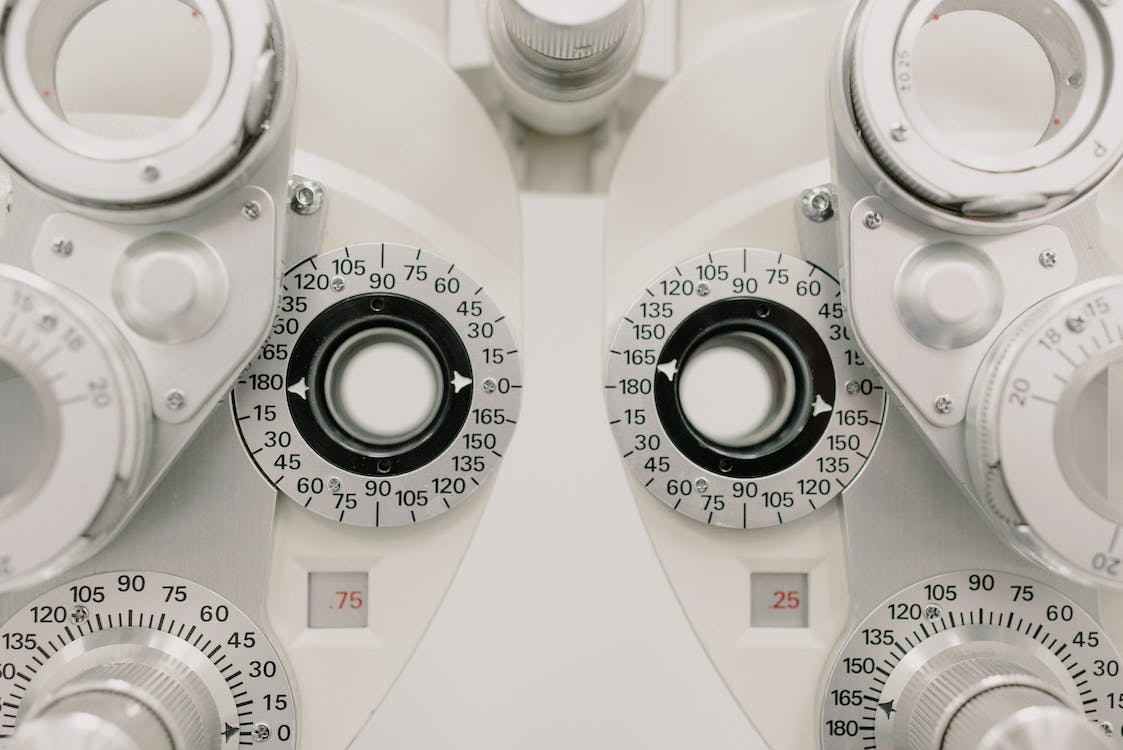All Categories
Featured
Table of Contents
Eye health and wellness is an essential part of overall wellness, and regular eye examinations play a vital role in keeping great vision throughout life. Each age has specific requirements and risks associated with eye health and wellness, making it necessary to comply with customized suggestions for eye examinations. Here's a comprehensive overview of exactly how frequently eye examinations need to be scheduled for various age teams.
After the initial test, children need to have a 2nd eye examination around age three, when they can better take part in screening and assessment. If no vision troubles are determined, the next exam is suggested prior to beginning college, generally around age five. Early discovery of concerns can bring about prompt treatment and support healthy and balanced aesthetic growth.
Moms and dads must look for signs of vision problems, such as problem checking out the blackboard, scrunching up your eyes, or complaining of headaches. It's crucial to set up an eye test without delay if any of these signs develop. Children that participate in sporting activities may take advantage of yearly eye exams to ensure optimal visual performance and safety and security during tasks.
![]()
Young grownups typically experience digital eye stress due to considerable display time, leading to symptoms like dryness and discomfort. Looking for an eye exam is critical if you observe these symptoms. An eye care specialist can provide remedies, such as computer system glasses or way of living modifications, to reduce strain.
For individuals with wellness conditions like diabetes or hypertension, even more regular tests might be necessary. Regular surveillance is important for early discovery and management of potential complications that can influence vision.
Elders may additionally experience modifications in their aesthetic understanding, such as difficulty seeing in reduced light or differentiating shades. Regular eye tests enable timely intervention and help preserve self-reliance and lifestyle.
Babies (0-2 Years)
Infants undertake substantial aesthetic development in their early years, making very early eye evaluations vital. The American Academy of Pediatric medicine suggests that babies have their initial eye examination at regarding six months of age. This first go to helps recognize any kind of possible vision issues, such as strabismus (gone across eyes) or genetic cataracts, which can affect advancement otherwise addressed early.After the initial test, children need to have a 2nd eye examination around age three, when they can better take part in screening and assessment. If no vision troubles are determined, the next exam is suggested prior to beginning college, generally around age five. Early discovery of concerns can bring about prompt treatment and support healthy and balanced aesthetic growth.
Youngsters (3-18 Years)
For school-aged kids, routine eye exams are necessary for both scholastic success and basic well-being. Youngsters should have their eyes inspected every one to 2 years, relying on their specific needs. Colleges frequently perform vision testings, however these do not replace comprehensive eye exams by an eye care specialist.Moms and dads must look for signs of vision problems, such as problem checking out the blackboard, scrunching up your eyes, or complaining of headaches. It's crucial to set up an eye test without delay if any of these signs develop. Children that participate in sporting activities may take advantage of yearly eye exams to ensure optimal visual performance and safety and security during tasks.
Young Grownups (19-39 Years)
Throughout young adulthood, many people delight in fairly stable vision, however that does not mean eye care can be ignored. Young person need to set up thorough eye examinations every 2 years. Those who wear get in touch with lenses or have a family members history of eye illness must think about annual examinations.
Young grownups typically experience digital eye stress due to considerable display time, leading to symptoms like dryness and discomfort. Looking for an eye exam is critical if you observe these symptoms. An eye care specialist can provide remedies, such as computer system glasses or way of living modifications, to reduce strain.
Adults (40-64 Years)
As individuals enter their 40s, adjustments in vision can become a lot more noticeable, particularly presbyopia, a condition that makes it testing to focus on close objects. Adults in this age team need to schedule eye tests every one to two years. This is also the age when lots of eye diseases, such as glaucoma and diabetic retinopathy, can begin to create.For individuals with wellness conditions like diabetes or hypertension, even more regular tests might be necessary. Regular surveillance is important for early discovery and management of potential complications that can influence vision.
Senior Citizens (65 Years and Older)
Elders are at a raised threat for numerous eye illness, including cataracts, age-related macular deterioration, and glaucoma. It's suggested that people matured 65 and older have an eye test at least once a year. Early detection of these problems is important, as several can be dealt with efficiently if captured early.Elders may additionally experience modifications in their aesthetic understanding, such as difficulty seeing in reduced light or differentiating shades. Regular eye tests enable timely intervention and help preserve self-reliance and lifestyle.
Final thought.
Eye examinations are essential at every phase of life, providing an important chance to spot and resolve prospective vision issues. From the early months of life with the senior years, adhering to the recommended routine for eye exams can help protect vision and improve overall health. Prioritizing eye care and regular check-ups guarantees that individuals can enjoy clear vision and a better high quality of life, making eye health and wellness an important facet of lifelong health. Routine assessments with an eye care specialist will certainly lead the way for much healthier eyes and a brighter future.Latest Posts
The Boogaloo Sports Bar & Grill at FunCity Resort Resort: Where Enjoyable Fulfills Taste
Published Feb 12, 25
2 min read
Furnishings Styles Living Area
Published Jan 18, 25
0 min read
How to Keep Your Fence in Great Shape: Protecting Your Investment
Published Nov 29, 24
1 min read